
Additional Talking Points to Oppose Cuts and Caps on Medicaid
Use these additional talking points to supplement our call script created to guide your conversation with any Republican senators who are considering voting in favor of cutting or capping Medicaid.
- SENATOR, please DON’T CUT AND CAP Medicaid funding.
- Children and adults with disabilities rely on Medicaid services for their health, well-being, and independence. Medicaid in your state helps: (include your own examples)
- A child with cerebral palsy access physical therapy;
- A student with autism receive behavioral health services;
- A young adult with a spinal cord injury receive personal assistance services to get to his job; and
- A vulnerable senior access home health services.
- Capping Medicaid funding will be DEVASTATING for individuals with disabilities who receive their care and supports through Medicaid.
- Capping Medicaid means states get a set amount per enrollee instead of being reimbursed for the actual cost to care for that individual.
- Under a per capita cap, states will not receive extra federal funds to cover an individual’s increasing care—due to deteriorating health or changes in a chronic condition.
- Under a per capita cap, states will not receive extra federal funds to cover a promising, but more costly, drug treatment breakthrough. Capping Medicaid will result in optional home and community-based services for people with disabilities being CUT, RESTRICTED or ELIMINATED, according to the Congressional Budget Office.
- Plain and simple, capping Medicaid is a DRASTIC CUT and COST-SHIFT to states—who are already strapped for cash and will have to:
- CUT Medicaid Provider rates;
- RESTRICT eligibility for essential Medicaid care and services; and/or
- ELIMINATE optional home and community-based services—such as home health, attendance care, and out-patient therapies—that are not required services under Medicaid.
- Further cuts to provider rates will further RESTRICT AVAILABILITY or QUALITY of Medicaid services. Past provider cuts have resulted in programs closing and services being restricted.
- Health care reform should DO NO HARM to people with disabilities.
- Capping and cutting Medicaid services—as proposed in the Better Care Reconciliation Act—HURTS not HELPS individuals with disabilities.
- I urge you to VOTE AGAINST any legislation that CUTS, CAPS or BLOCK GRANTS funding—in any way—for essential Medicaid services and supports.
- Thank you.


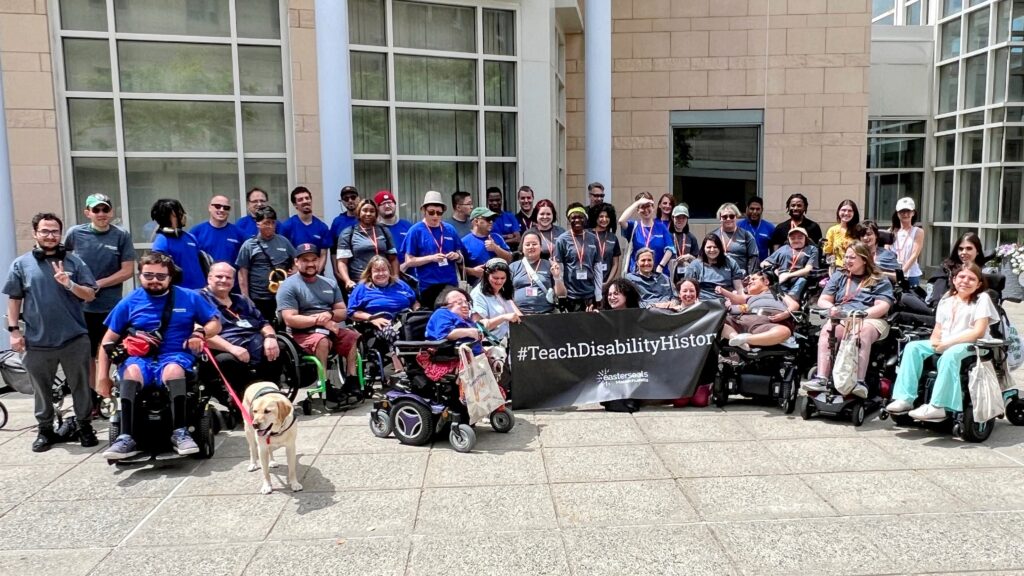
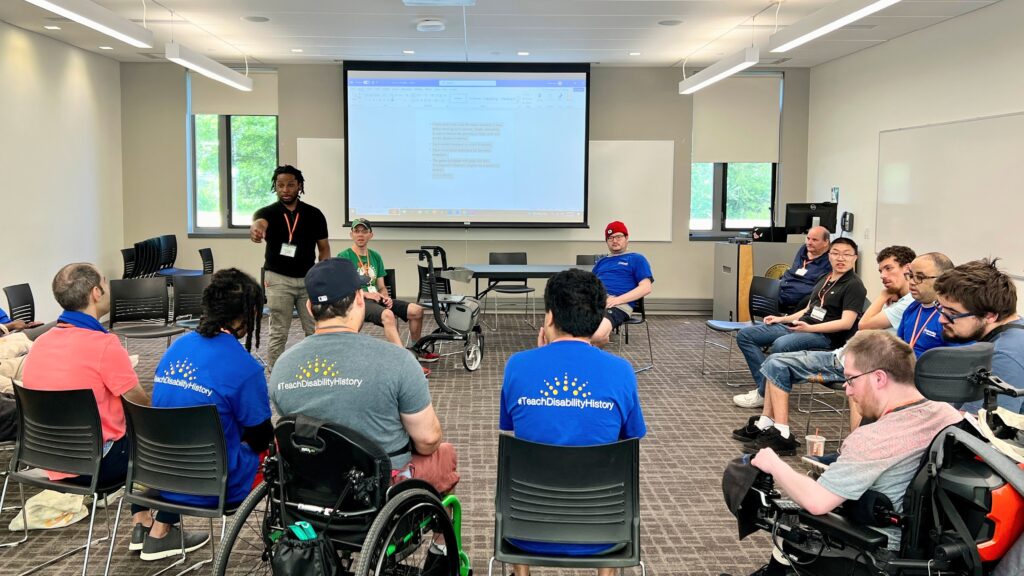
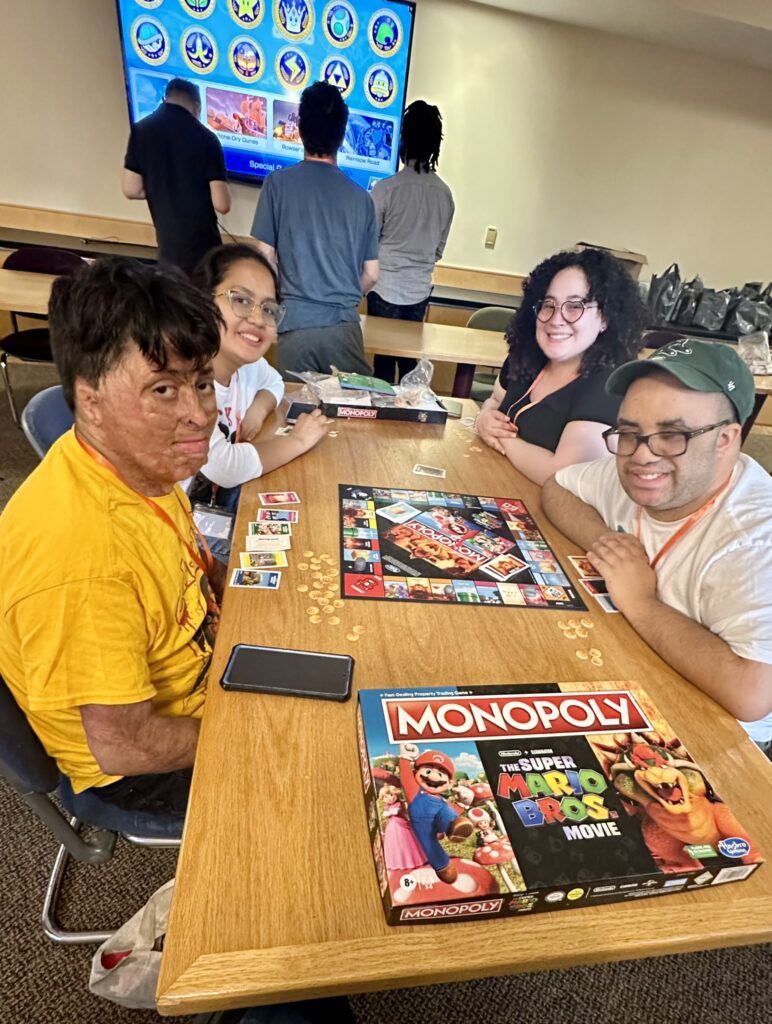 “One of the strongest positive outcomes we always see, is that because this was an overnight event, we were able to support [Personal Care Assistant] needs if that’s something participants need to be involved,” she said. “[We also provide] other needs they may have that may be a barrier for them to participate in other overnight events. Just getting a chance to be overnight, away from their everyday environment, is always a strong part of this program.”
“One of the strongest positive outcomes we always see, is that because this was an overnight event, we were able to support [Personal Care Assistant] needs if that’s something participants need to be involved,” she said. “[We also provide] other needs they may have that may be a barrier for them to participate in other overnight events. Just getting a chance to be overnight, away from their everyday environment, is always a strong part of this program.”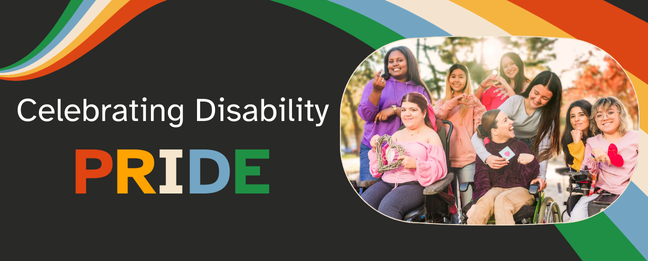
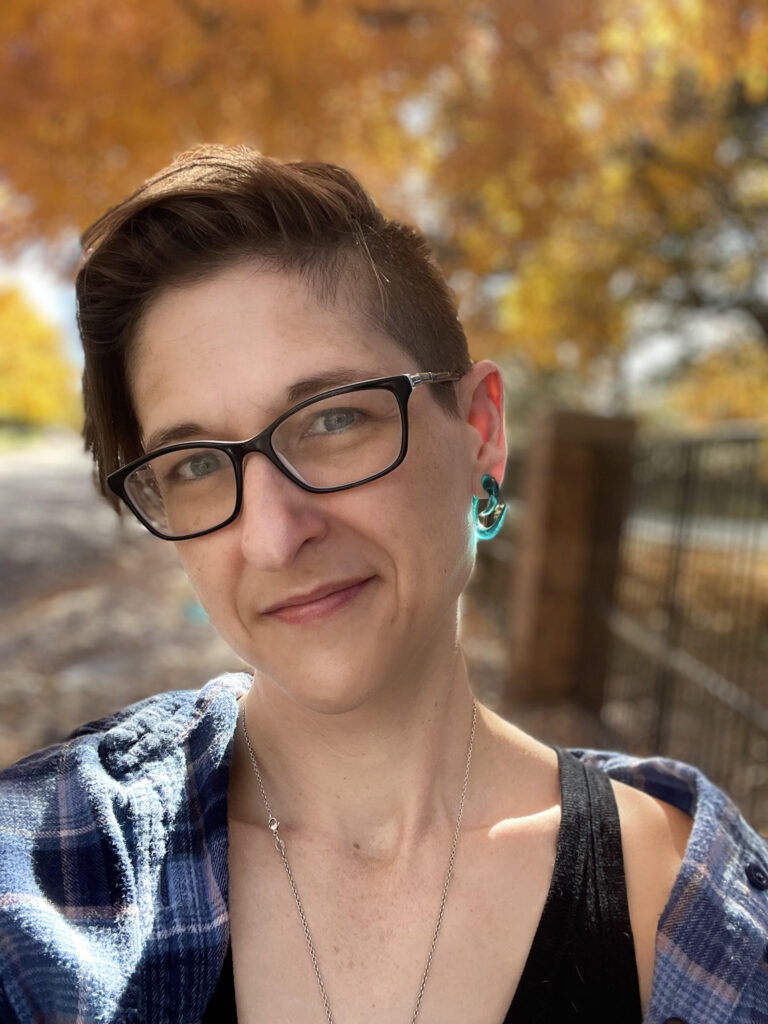 When I was a young adult, my family and I would go to medical conventions to learn new information and technologies that could help accommodate my needs while living with short gut syndrome. Short gut syndrome is so rare that these conventions were the only way that I ever got to see or meet other people who lived a similar experience to my own. I felt included, accepted and understood more there than anywhere else. Meeting all these young people like me who had the same challenges, the same desires, same hopes made me see that it was all possible if I was allowed to exist without the constraints and limitations put on me.
When I was a young adult, my family and I would go to medical conventions to learn new information and technologies that could help accommodate my needs while living with short gut syndrome. Short gut syndrome is so rare that these conventions were the only way that I ever got to see or meet other people who lived a similar experience to my own. I felt included, accepted and understood more there than anywhere else. Meeting all these young people like me who had the same challenges, the same desires, same hopes made me see that it was all possible if I was allowed to exist without the constraints and limitations put on me. 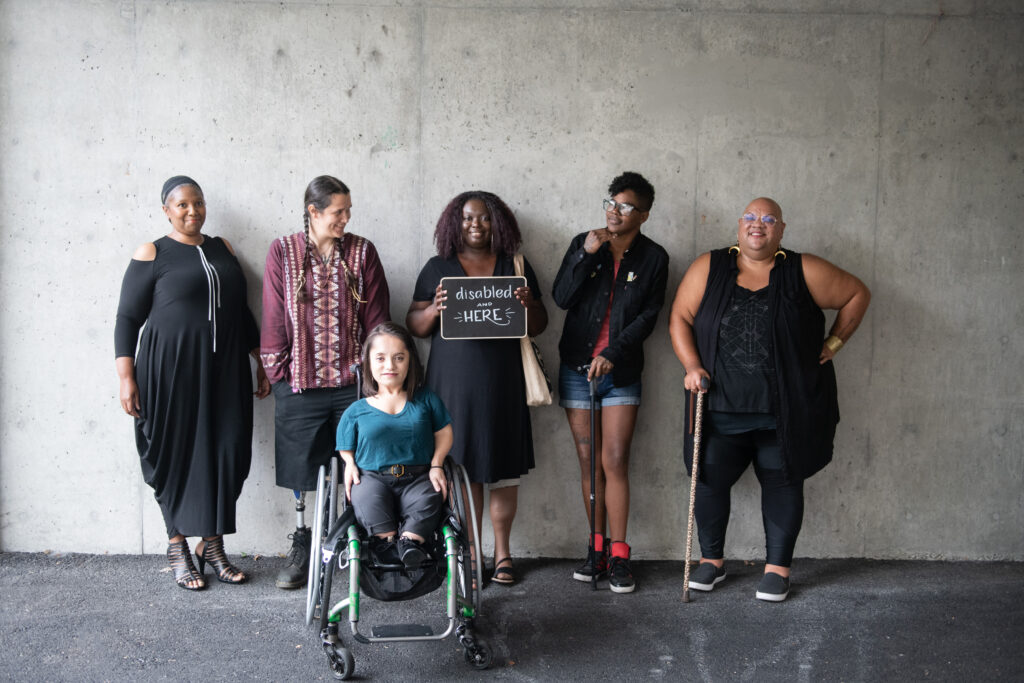
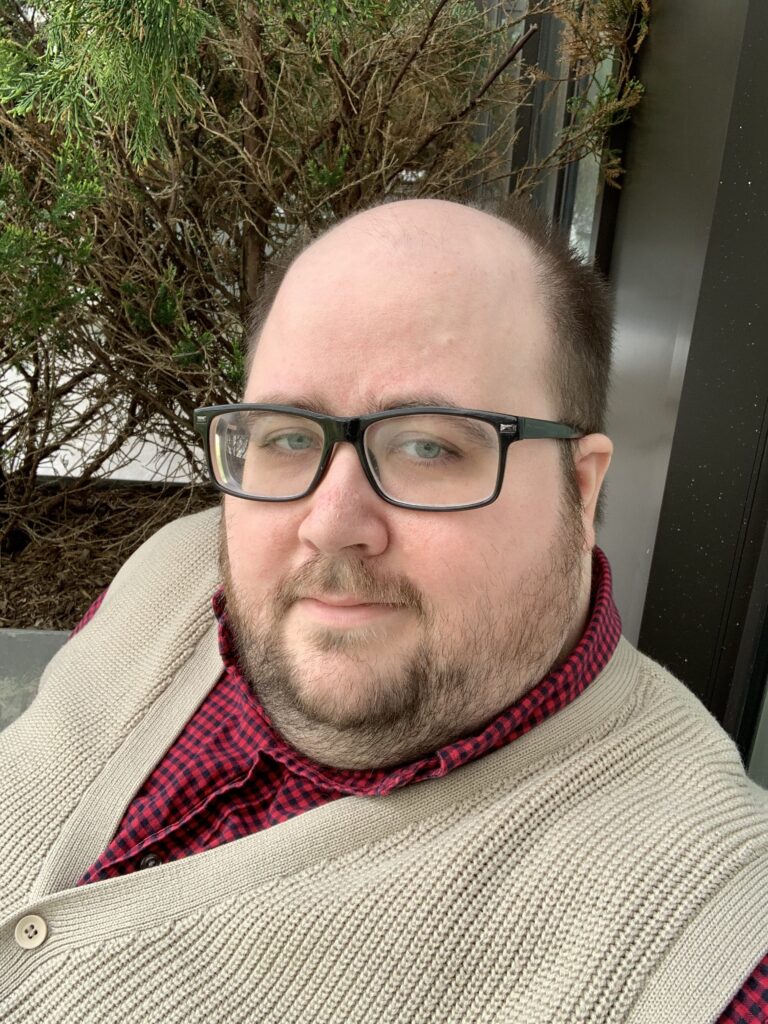



Connect with us on social media